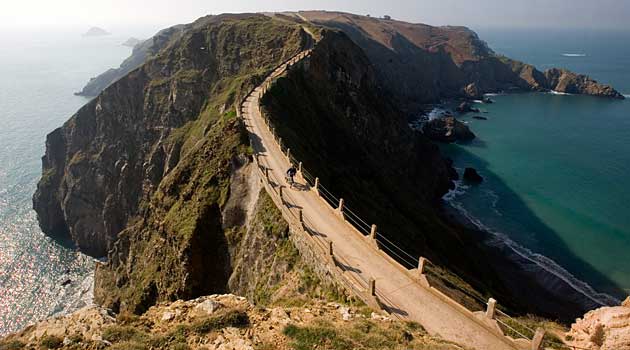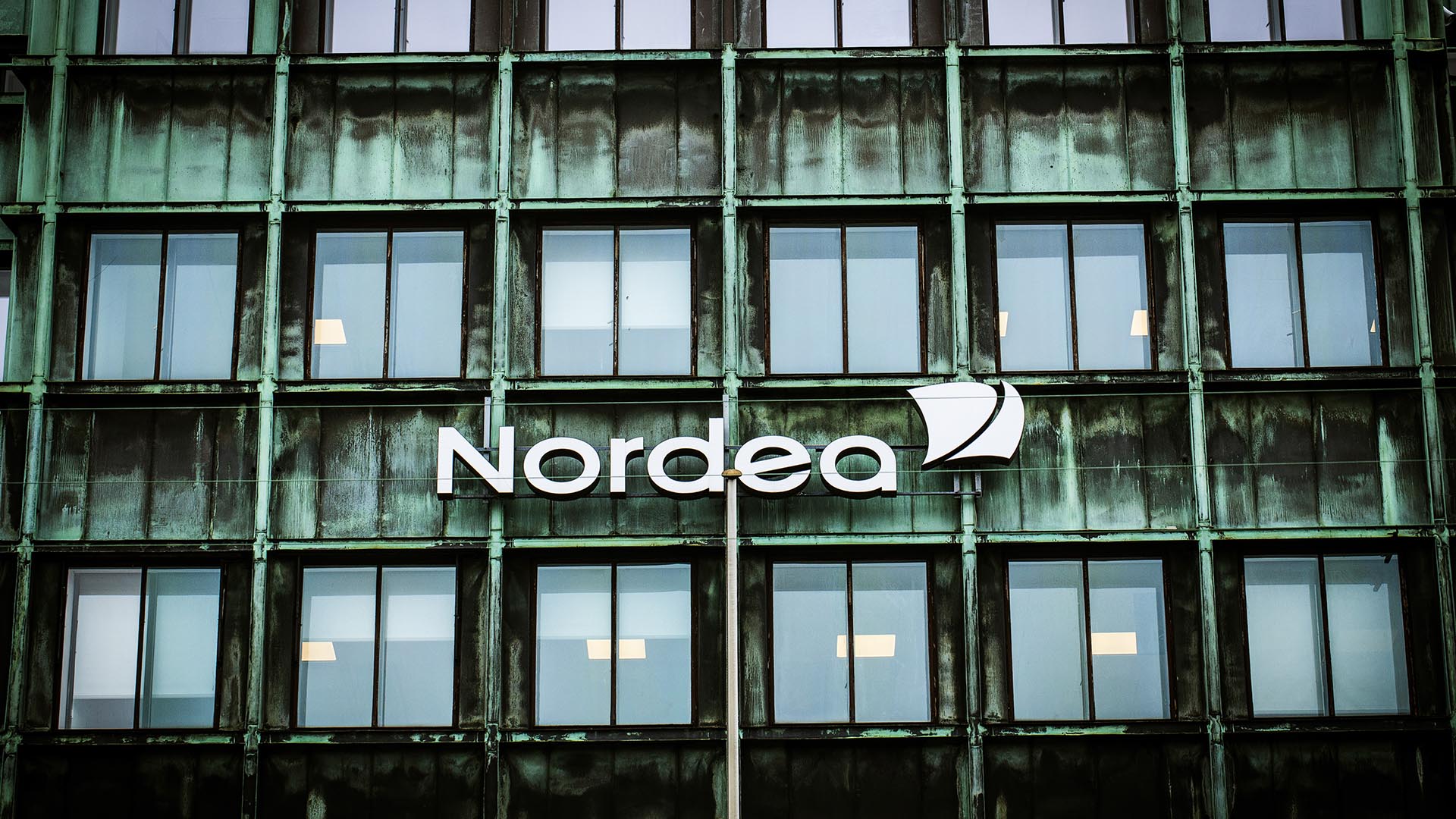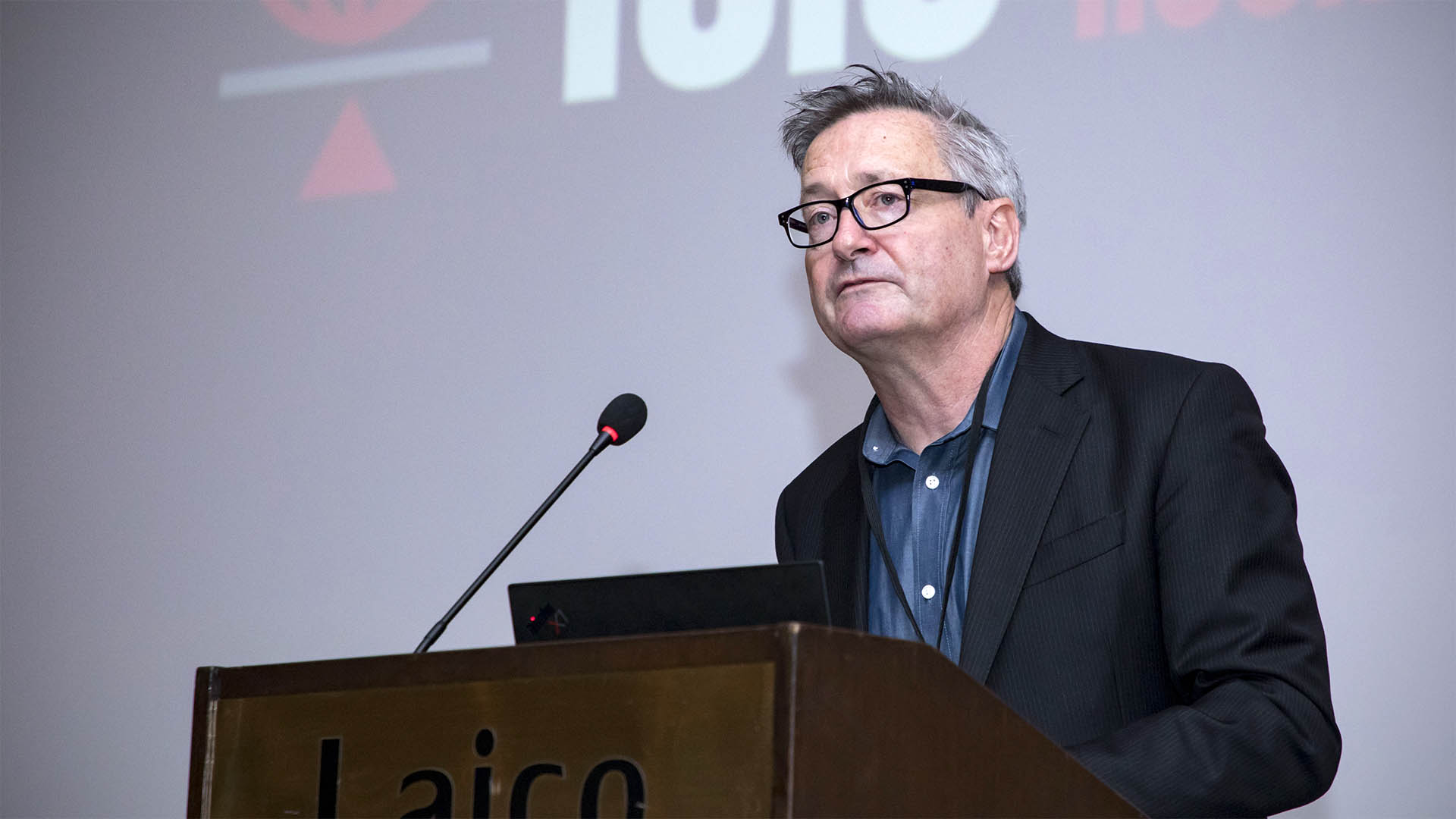UK’s crackdown on Channel island ‘Sark Lark’ simply scattered key players to other tax havens.
Many Britons who make a living from ‘the signing’ as they call it, originate from the tiny Channel island of Sark, a notorious British tax haven. Following scandals a decade ago about the “Sark Lark,” the group scattered, often setting up residence in far-flung jurisdictions such as Cyprus, Dubai, Vanuatu, Mauritius, or Nevis in the Caribbean. Many still keep in touch on Facebook.
They make up teams of sham company directors, according to documents we have seen, taking money to disguise the real ownership of thousands of international companies. This is not illegal, and they generally say they are helping owners preserve legitimate privacy.
Sarah and Edward Petre-Mears, who moved residence to Nevis, worked through an agency in Northamptonshire. Some of their companies have been registered in the UK, at Companies House in Cardiff.
A Petre-Mears’ neighbor on Sark, Jesse Hester, went to Cyprus to launch a similar operation called Atlas Corporate Services. He then moved on to the Gulf state of Dubai with his colleagues Damien Calderbank and Matthew Stokes, and eventually to the small Indian Ocean island of Mauritius.
Hester offers his customers “anonymity of the ultimate owners.” He tells them “The prime advantage . . . is to place the ‘management and control’ issue firmly outside a high tax jurisdiction.” This allows the owners to claim the company is being run from an overseas tax haven, rather than from where they actually live.
Hester himself says he is a genuine company director. His lawyer told us: “Our client has the right not to execute documents, can alter bank mandates, can enter into contracts, and is free to resign.” The accountants and intermediaries he worked for carried out identity checks on their clients, he said, and he himself complied with all legal requirements.
Atlas is associated with eight people who between them have held directorships of 1,830 companies in the BVI as well as 3,613 UK companies. They frequently work for Cornhill, a company formation agency run in London by Mark Lance.
Lance told us his provision of “non-resident directors for legitimate purposes” for occasional clients was not a significant part of the business. “Cornhill does not deny that the use of non-resident directors is open to abuse,” but, he said, he obtained “full proof of identity” from all customers.
A second Cyprus nominee operation is run by Falmouth-born Sean Lee Hogan, age 41, who has put his name to nearly 100 BVI companies, and 810 UK ones. He often works for a north London offshoring agency, the Stanley Davis Group. Hogan did not respond to invitations to comment.
Two other Britons who share a flat in London’s east end, Ted Cocks and Joseph Sparks, signed up with a Moscow agency, GSL, to put their names and UK addresses on more than 200 BVI entities. The companies were subsequently sold on to anonymous Russians. They say their activities were legitimate.
Cleethorpes-born Geoffrey Taylor and his son Ian have acted as directors for another 291 BVI companies, and a further 442 in the UK. From the Pacific island hideaway of Vanuatu, they offer clients an extra choice of UK or New Zealand addresses.
“You can pick the jurisdiction that best suits you,” Geoffrey emailed one potential customer. His brochure has even offered the opportunity of having him on their letterhead as “Lord Stubbington,” a UK manorial title he has purchased.
“He can act as Director and Shareholder for clients without arousing suspicion that he is a nominee only. In this way he can act as your front man and attract attention away from you,” he writes. “Lord Stubbington provides your activities with credibility.”
Ian Taylor told us his father Geoffrey had now retired. He said that “only a small handful” of their companies were misused. Nominees were used for various legitimate reasons, he added. “Clients of certain nationalities are discriminated against only due to their citizenship. Some clients require privacy to avoid problems from jealous family members.”
As long ago as 1999, Britain’s sham director industry was officially struck down – or so it seemed. The UK trade department under Labour minister Kim Howells boasted: “The Government today struck a fatal blow against the practice of so-called ‘nominee directorships.’ ”
The government went to court to disqualify one Sark islander, Philip Croshaw, who was signing his name on company documents thousands of times. Howells said: “The trade in providing ‘nominee director’ services from the island of Sark has been a scandal. . . . The courts have now effectively outlawed this abuse.”
His department quoted Mr. Justice Blackburne pronouncing at Manchester crown court:
“The message must go out that the office of director is one which carries responsibilities . . . The court would not tolerate the situation where someone takes on the directorship of so many companies and then totally abrogates responsibility. If tolerated, it would undermine the whole basis of corporate management.”
But our findings show that Sark’s ‘nominees’ simply moved elsewhere, and were never policed by the UK government.
David Leigh is a member of ICIJ. This story was also published in The Guardian.




